
The WHO Collaborating Centre for Obesity Prevention and Management is a collaborative research centre between the School of Medicine, College of Medicine, Nursing & Health Sciences, Fiji National University and Deakin University (WHO Collaborating Centre for Obesity Prevention), Melbourne, Australia which was established in 2009. Formerly, known as Centre for the Prevention of Obesity and Non-Communicable Diseases (C-POND) who received visibility and recognition by national and international authorities for its work on Non-Communicable Diseases.
The designation as WHO Collaborating Centre for Obesity Prevention and Management was officiated in 2019 by the Minister for Health and Medical Services, Dr. Ifereimi Waqanibete, who witnessed the recognition of the work of a centre that has been strong ally for the Ministry of Health and Medical Services helping to implement the mandated work and achieve its current goals.
C-POND is infact the institution in the Pacific Island Countries to receive WHO Collaborating Centre status that was a major achievement for the College of Medicine, Nursing & Health Sciences. WHO gains access to top institutions worldwide and the institutional capacity to support its work while C-POND will gain greater attention from the public and academic institutions for the health issues they work on.
WHO designated the C-POND as a WHO Collaborating Centre for Obesity Prevention and Management, to:
Collaborating Centre for Obesity Prevention and Management is situated at the Tamavua Campus in Suva, linking it closely with its teaching and training programs and supporting PhDs, Masters and post-graduate students, research projects and training programs.
VISION
Creating the evidence, knowledge exchange and research capacity needed to reverse the Non-Communicable Disease (NCD) and obesity crisis in the Pacific islands.
MISSION
Background
The Center for Health Information Policy & Systems Research (CHIPSR) was established in 2010, following the increase realization that Health Systems in the Pacific needed evidence based research to ensure the development of regional and national policies that addressed the long term sustainability of health systems, and the provision of equitable health services for the Pacific. The vision of CHIPSR was to be the most admired center of excellence in Health Systems and Health Policy in the Oceania region.
CHIPSR mandate is to perform research in human health and well-being for economically sustainable community and society and its focus is on health financing, health information, and health systems and health policy.
Purpose of CHIPSR Reference Group
CHIPSR Reference Group are intended to provide strategic direction and advice and nurture the development of CHIPSR. Reference Group is intended to be advisory and not managerial and is not expected to consider day to day management and procedural issues. It has no decision-making authority, but can make recommendations for the staff and management of the center to consider.
The purpose or role of the CHIPSR reference group are to:
Terms of membership of the CHIPSR Reference Group
Membership of the CHIPSR Reference Group carries no financial benefits, and membership is based on professional attributes of individuals, rather than their organizational affiliation or country of residence.
Reference group members are expected to be working within the Pacific Islands on health financing, health information, and health systems and health policy.
The membership of the reference group is not automatically renewed. It will be reviewed annually at the first meeting of each year (to be held in the first quarter).
The Head of CHIPSR will review membership of the reference group prior to this meeting, to check members’ compliance with the requirements. The membership of any person who no longer meets the above requirements will not be renewed. A person whose membership is withdrawn will be informed in writing by the current Reference Group chairperson and Head of CHIPSR. The letter will outline the grounds on which decision to withdraw membership were made.
Members may also withdraw at any time by indicating this in writing to the Reference Group chairperson and the Head of CHIPSR. There is no maximum timeframe for an individual’s membership of the Reference Group providing they continue to meet the above expectations of members.
Meetings
A minimum of at least two Reference Group meetings will be held per year. Where feasible, one meeting should be held face-to-face, in collaboration with a regional event likely to be attended by many of the members.
The Reference Group Chairperson will be responsible for organization of the meeting in collaboration with the Head of CHIPSR, and for informing all members of the date and arrangements for the meeting. The Head of CHIPSR will disseminate an agenda and any related documents to all members prior to the meeting. The Reference Group Chairperson will set the agenda for a meeting in discussion with the Head of CHIPSR.
The secretary and Head of CHIPSR will produce minutes for review by the Chairperson. The Chairperson will then share them with the Reference Group members for any corrections before they are finalized. At the subsequent meeting, the minutes will be endorsed/ accepted.
As the group is not a decision making body, there is no requirement for a minimum quorum for any meeting to take place. However election of the Chair of the Reference Group will require at least 75% of the members to participate. Similarly decisions on new members and renewals of Reference Group members will require at least 50% of reference group members to participate.
Members of the Reference Group may make contributions and comment via face to face meetings, teleconference or via email. Comments and input may be sought at any time from the group, by the CHIPSR team.
Chairperson of the Reference Group
The Chairperson of the Reference Group will be elected each year, at the first meeting of the year, following the review of the members of the Reference Group. All members of the Reference Group (excluding CHIPSR staff) are eligible to make nominations for the chair and to vote for the Chairperson.
The incumbent Chairperson will first call for nominations for chairperson. If there is more than one nomination, then members will be asked to vote (one vote per member). They will email their vote to the CHIPSR secretary who will total and provide response to the reference group (anonymized). The nominee with the most votes will be chairperson for the year. In the case of a face to face meeting, paper-based voting will be used.
The Pacific Sexual & Reproductive Health Research Centre (PacS-RHRC) represents a new and dynamic approach to the Sexual & Reproductive Health (SRH) research issues and challenges of the Pacific Island Countries. In keeping with the Pacific move towards integration of HIV & STI into the larger SRH agenda, PacS-RHRC, in the College of Medicine, Nursing & Health Sciences (CMNHS), Fiji National University, is dedicated to:
PacS-RHRC will fulfill its roles to the best of its ability to CMNHS, FNU and the wider Pacific Islands in several ways:
PacS-RHRC collaborating Partners
PacS-RHRC will conduct research and disseminate findings independently or work in partnership with collaborating such as academic, technical, donor, NGOs institutions, and other key stakeholders such as governments and special communities in the Pacific Islands Countries & Territories. PacS-RHRC currently enjoys the support and collaboration of a group of regional and international community, technical and academic institutions such as the United Nations Population Fund (UNFPA) through its Western Pacific Office, Suva; International Planned Parenthood (IPPF) through its Pacific Office in Suva, the Secretariat of the Pacific Community (SPC) through its Public Health Program, based in Suva, Pacific AIDS Foundation (PIAF), the Oceania Society for Sexual Health & HIV Medicine (OSSHHM), and the Women’s & Children’s Health Knowledge Hub (Crossmap) a partnership between Burnet Institute’s Centre for International Health, the Menzies School of Health Research in Darwin, and the Centre for International Child Health at the University of Melbourne. PacS-RHRC is keen to develop collaborating networks for the development and advancement of SRH research and capacity at CMNHS, FNU and the Pacific region.
PacS-RHRC Research Areas & Interests
PacS-RHRC is a Pacific regional organisation and will conduct research in the Pacific region on the following issues:
CONTACT US:
Ms Avelina Rokoduru
Centre Coordinator
Email: avelina.rokoduru@fnu.ac.fj
Tel: (679) 3233 257 – Direct
For more information on what we do, access CMNHS Research online at www.fnu.ac.fj
The College of Medicine, Nursing & Health Sciences (CMNHS) is committed to advancing research and innovation in the medical and health sciences field. Our research initiatives focus on addressing key health challenges in the Pacific region, fostering collaboration, and driving impactful discoveries.
Effect of Heavy Kava (Sp. Piper methysticum) Consumption on Cardiometabolic Biochemical Markers and Disease in Fiji.
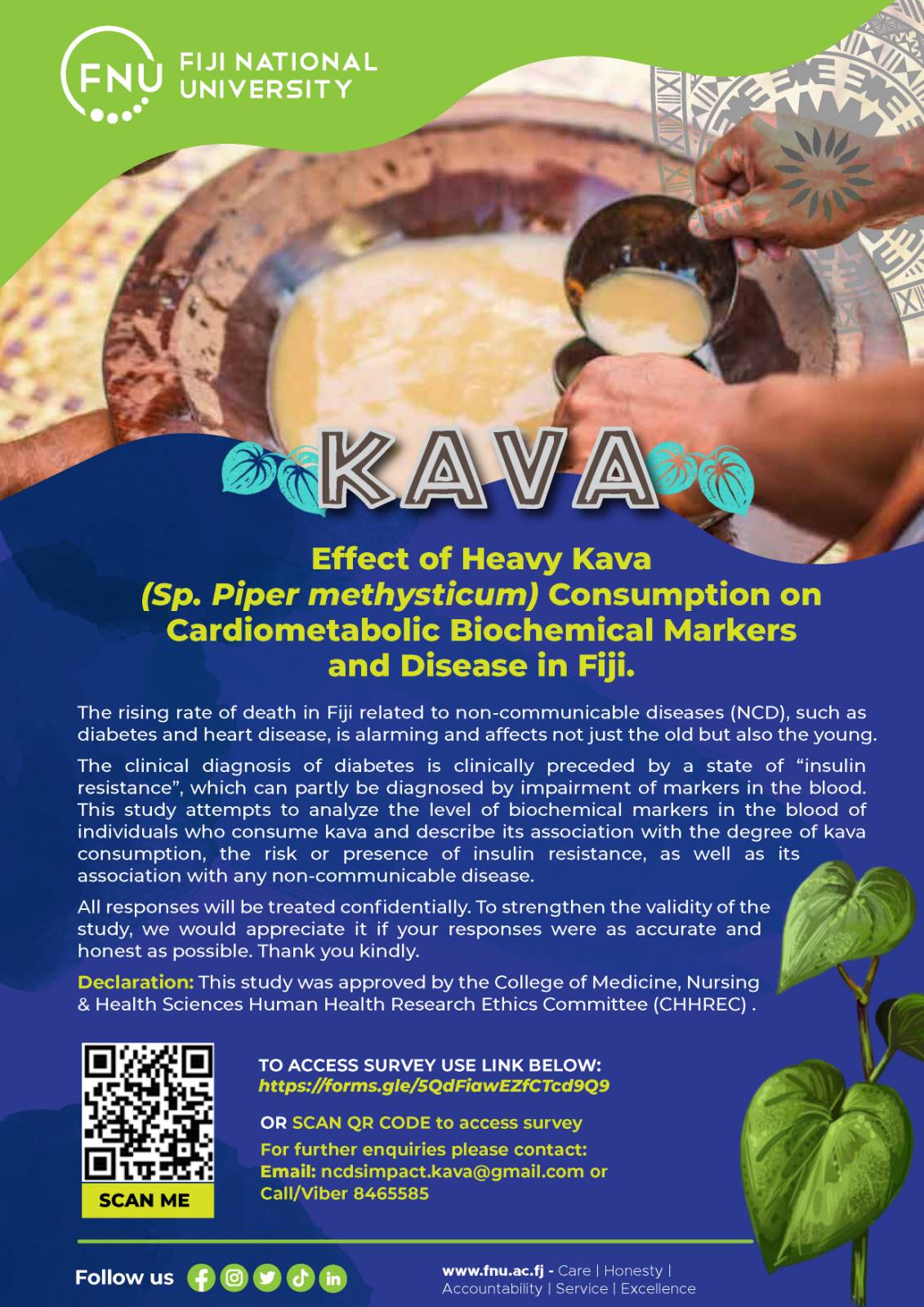
We encourage faculty, researchers, and students to contribute to our research efforts. Please take a moment to fill out our survey:
👉 Click here to access the survey form
Your input will help us improve and expand our research initiatives. Thank you for your participation!
Background
In the midst of a global pandemic, the College of Medicine, Nursing and Health Sciences (CMNHS) has established a centre that targets communicable diseases. The Communicable Disease Research Centre (CDRC) has been formed through collaboration between CMNHS and the Otago University, Global Health Institute (OGHI) with support from Mercy Hospital in Dunedin, New Zealand. The Centre will produce Pacific led world class research in communicable diseases for the Pacific region. It also aims to enhance the capacity for research training and support for student research specifically in Communicable Diseases. This includes advancing knowledge in the pathogenesis, treatment and prevention of communicable diseases in Pacific island countries. The CDRC presents an important ambition of the CMNHS to not only educate Pacific health workers, but to generate the information that guides health practices in the region.
The CDRC launched virtually on December 3, 2021, with the inauguration of its Reference Group members. The Centre presents an opportunity for the College to position itself as a regional Institution that identifies and addresses priority infectious diseases in the region, whilst also building research training, capacity and quality in coming years through collaborations with Ministries of Health, and organizations and institutes involved in infectious disease research.
Vision:
Pacific led world class infectious diseases research
Mission:
The Communicable Disease Research Centre (CDRC) will work in collaboration with partners to conduct research that addresses the most pressing infectious diseases problems of the Pacific region
Values:
Bula vinaka (wellbeing); Loma vata (harmony); Cakacaka vata (working together); Sautu (good fortune); Cakacaka vaka dodonu (ethical practice); Doudou (boldness); Uasivi (excellence)
Strategic Goals 2021-2022:
Current Project
Click here to view PASS Fiji Study page.
POPULATION BASED-AGE STRATIFIED ASSESSMENT OF SARS- Cov2 SEROPOSITIVITY IN FIJI
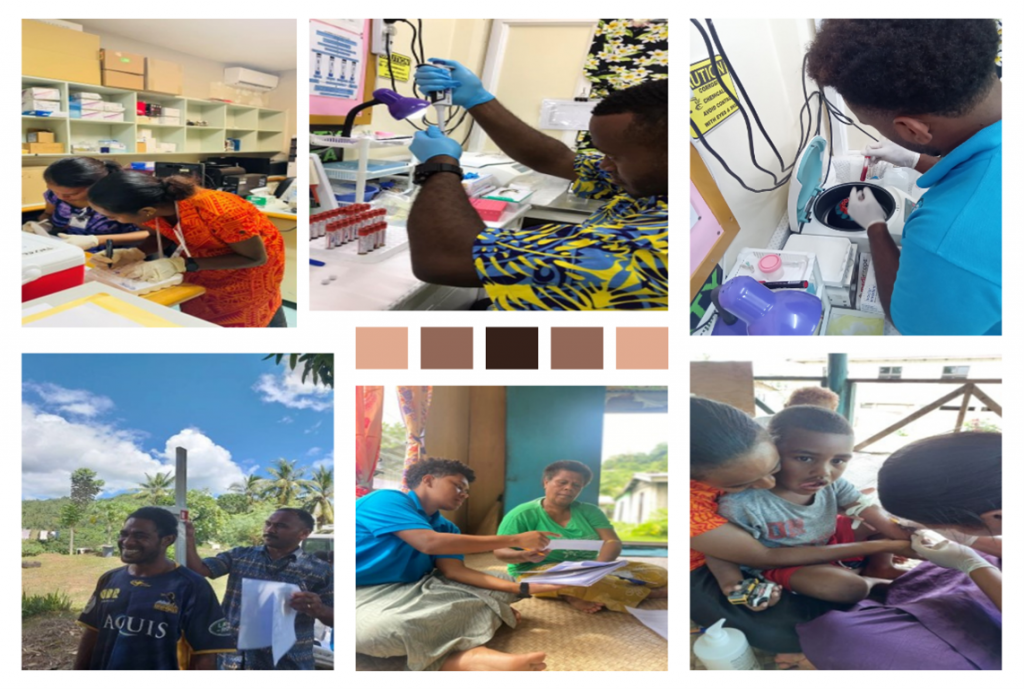
Fiji succumbed to the global COVID-19 pandemic in 2021 experiencing widespread community transmission with large waves of disease caused by different variants of the SARS-CoV2 virus that causes the disease. At the peak of COVID-19 transmission in the country, disease incidence in Fiji was amongst the highest in the world. By mid-2023 a total of 885 COVID-19 deaths had been recorded and although vaccination rates for the first two doses of COVID-19 vaccine were high, uptake of booster doses amongst high-risk groups has been variable. Although COVID-19 hospitalizations and mortality have reduced significantly since 2021 direct measures of population level immunity to the SARS-CoV2 virus are currently lacking. An understanding of population level immunity to SARS-CoV2 variants provides useful information for evaluating the impact of vaccination and informing the need for booster doses of vaccine. Serosurveys provide an opportunity to evaluate to determine exposure to specific antigens and also evaluate antibody responses to these antigens. These surveys identify a sample of the population and collect blood specimens which are then evaluated at a medical laboratory for the presence of specific markers of previous infection and of immunity.
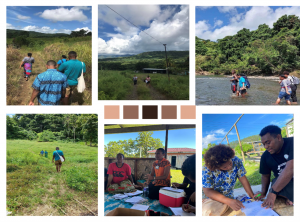
In 2022, with support from the Fiji Ministry of Health and Medical Services, the Communicable Disease Research Centre (CDRC) of the Fiji Institute of Pacific Health Research launched the Population based Age stratified assessment of SARS-CoV2 Seropositivity in Fiji Project or PASS Fiji Project (link to FNU page with launch). This project is funded by the Australian Department of Foreign Affairs and Trade (DFAT) and will directly assess population exposure and immunity to SARS-CoV2 from 2022-2024 in alignment with the WHO Unity Protocol for SARS-COV2 serosurveys. The PASS Fiji Project includes two separate research studies and the establishment of a serology laboratory for research at the College of Medicine, Nursing and Health Sciences. Technical support for the study is being provided by the University of Otago through its existing affiliation with the CDRC and also by the University of Auckland.
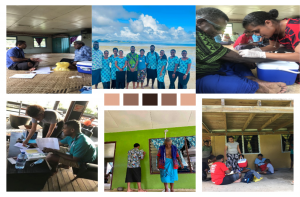
In early 2023 the PASS Fiji project began recruitment for its two research studies. The first study involves repeat cross-sectional surveys of the population examining the proportion of Fijians who test positive for previous exposure to SARS-CoV2 and, the strength of antibody responses in these. The second study involves the follow-up of people receiving booster doses of COVID-19 vaccine to determine changes in antibody responses following booster vaccination. In August 2023, the FNU Container Serology Laboratory was opened (Insert link to story/blog). This laboratory facility will be used initially for PASS Fiji studies but will enable medical laboratory research to be conducted at the Fiji National University for other staff and student research. The laboratory also provides a storage facility for biobanking of samples to enhance the research outputs of the institution. In 2024 the PASS Fiji project will release results from the first survey to provide an assessment of population level immunity to SARS-COV2 in Fiji.
PASS Fiji Study Prelim Findings Study English Final
PASS Fiji Infographic Fijian Final
PASS Fiji Infographic English Final
PASS FIJI FIELD BLOGWEBSITE English Final
Meet the CDRC Staff
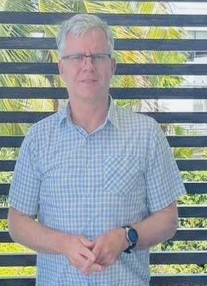
Professor Philip Hill
Adjunct Professor
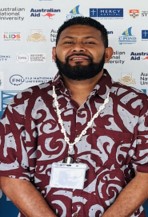
Mr. Isireli Koroituku
Research Fellow – CDRC
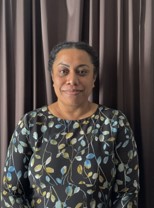
Dr. Anaseini Ratu
Study Coordinator – PASS Fiji Project – CDRC
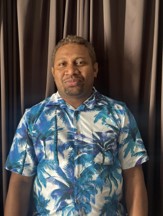
Mr. Viliame Qio
Project Manager – COVID-19 Grant
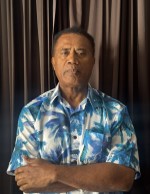
Mr. Uraia Rabuatoka
Senior Lab Technician – PASS Fiji
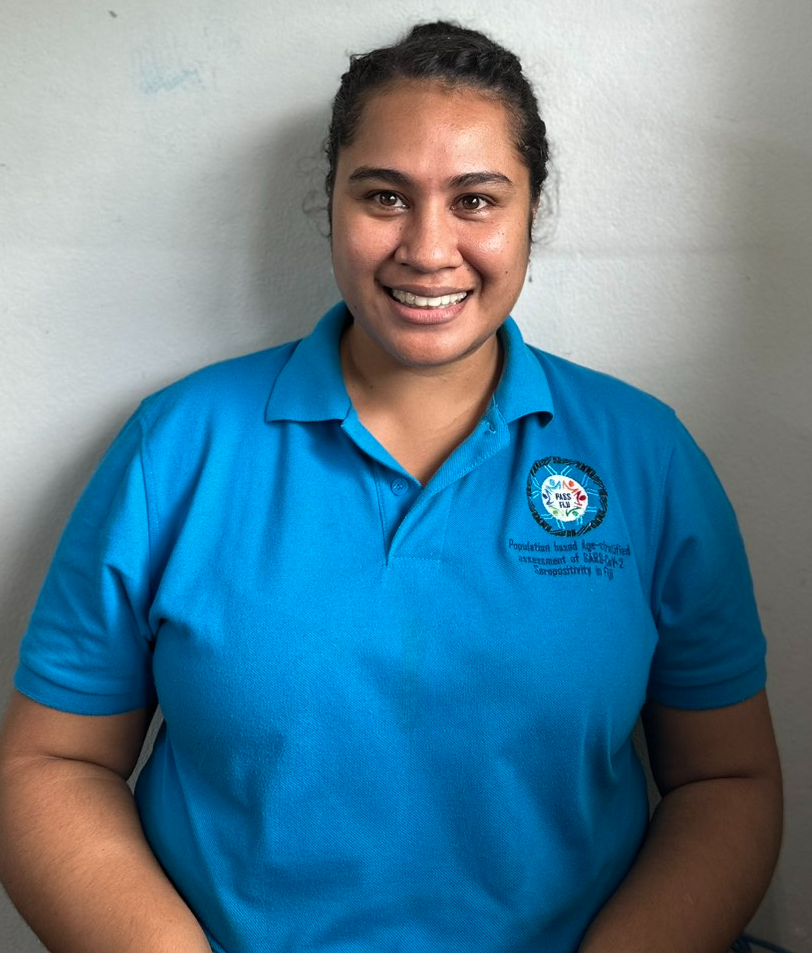
Mrs. Josephine Sassen Rika
Senior Lab Technician – PASS Fiji
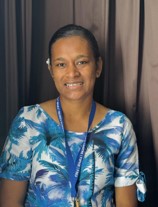
Mrs. Venina Naigulevu
Research Assistant – Pacific Health Observatory
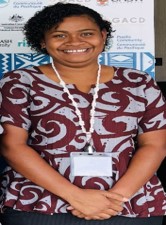
Ms. Luse Lauci
Research Assistant – PASS Fiji
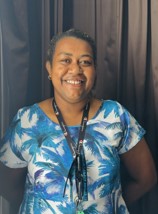
Ms. Reapi Seru
Research Assistant – PASS Fiji
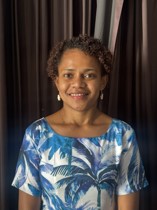
Ms. Naina Cagi
Lab Techinican – PASS Fiji

Ms. Chloe Ravunisa
Research Assistant – Long-COVID Study
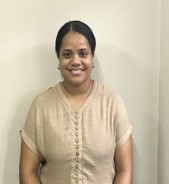
Ms. Salote Uluinabou
Research Assistant – Long-COVID Study

Mrs. Raveena Lal
Adminsitration Officer – CDRC